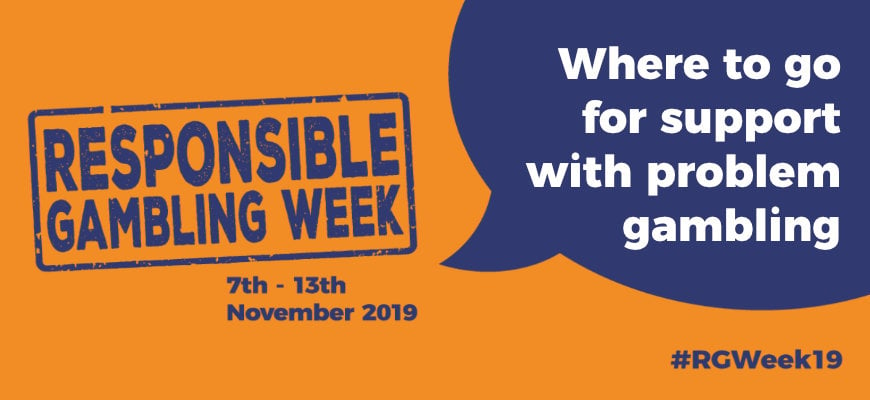Where can players get support for gambling addiction?

Which organisations can players turn to for help with problem gambling?
This is the third guide in our series looking to help raise awareness of safer gambling, with our first being on how to gamble responsibly online and second on how to spot signs of gambling addiction.
If problem gambling is negatively affecting you, or those close to you, then there are a number of discreet, confidential services in the United Kingdom that are available to those who require help and guidance.
Organisations and websites that are equipped to help
There are more avenues than you would have imagined when it comes to getting help with excessive gambling habits, even if you just require someone to talk to.
Below is No Wagering's extensive list of organisations that are equipped to help, and how you can get in touch with them.
GamCare
GamCare are the United Kingdom's leading provider of Information, help and support for those affected by problem gambling in the UK. They operate the National Gambling Helpline which is available for people to ring free of charge 24 hours a day 7 days a week. They also have a live web chat available to those who do not wish to phone them.
The GamCare forums are arguably one of the best resources available to players that feel they need to talk to someone, there they will find a network of hundreds, if not thousands of people on hand to chat, discuss their stories and support each other.
- Visit GamCare at www.gamcare.org.uk
- Visit GamCare's forum at www.gamcare.org.uk/forum/
- You can call GamCare via the National Gambling Helpline, 0808 8020 133
BigDeal
BigDeal is a gambling service run by GamCare that aims to educate younger people about the dangers potentially posed by gambling. They operate a 1-2-1 live chat room which provides confidential advice, information and emotional support to those struggling with addiction.
- Speak to someone at BigDeal via live chat at www.bigdeal.org.uk/getting-help
- You can call someone at BigDeal via the National Gambling Helpline, 0808 8020 133
BeGambleAware
BeGambleAware is an independent charity which funds education, prevention and treatment services and commissions research to help educate the public understanding around gambling-related harm.
It's likely that you'll have have seen BeGambleAware before thanks to their innovative Bet Regret advertising campaign that's been airing on television for the last several month. The campaign aims to curve people's impulses to bet without thinking it through, especially when drunk or chasing losses.
The site www.begambleaware.org is a fantastic resource for general information on gambling, the issues surrounding gambling and where you can get confidential help.
Gordon Moody Association
The Gordon Moody Association is a registered charity that has been going for nearly 50 years. They offer specialised support and treatment for those who are severely addicted to gambling.
They currently have two residential treatment centres in the United Kingdom, one in the West Midlands, another in Kent. You can apply to stay at one of their treatment centres by visiting https://www.gordonmoody.org.uk/how-to-apply.
They also provide gambling therapy online via their website and an app. You'll find their app filled with useful advise including mindfulness recordings, self-help exercises and financial tips.
- To download the app search for Gambling Therapy in the App or Google Play store.
National Problem Gambling Clinic
If you are aged over 16 you can refer yourself to the National Problem Gambling Clinic run by the NHS. Based in London, this service is available to anyone that would like to self refer themselves if they feel like their gambling habits are getting out of hand. They are open from 9am to 5pm, Monday to Friday.
- You can call the Clinic on 020 7381 7722 if you wish to refer yourself.
Gamblers Anonymous
Formed in London in 1964 as an offshoot of its American counterpart, Gamblers Anonymous offers problem gamblers the opportunity to meet with other people also struggling with addiction.
Gambling Anonymous offer several different types of group sessions ranging from newcomer meetings to Gam-Anon meetings which are specifically for friends and families of compulsive gamblers.
There are over 180 different meeting locations in the United Kingdom, so there's no shortage of locations should you feel you'd benefit from speaking to others.
- To find your local Gamblers Anonymous meeting visit https://www.gamblersanonymous.org.uk/find-a-meeting
- To get contact Gamblers Anonymous by calling 0330 094 0322
This article was originally published as part of Responsible Gambling Week 2019. We here at No Wagering are wholly committed to promoting safer, responsible gambling.
